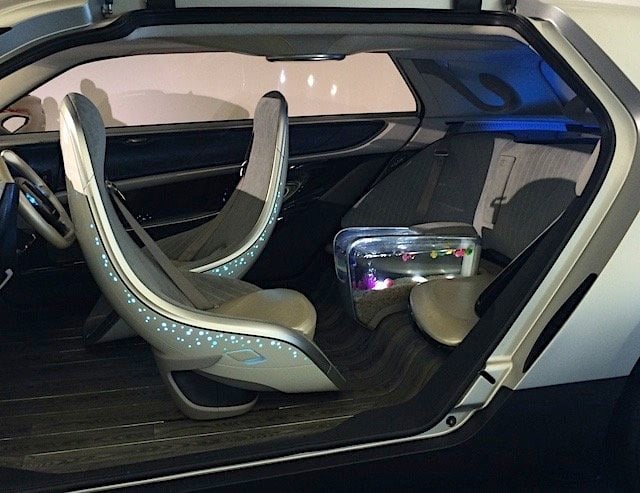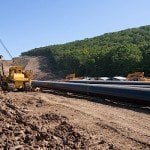Some Countries Have a More Positive Outlook than Others
Ford has been working on a number of technologies and surveys, recently releasing their 2018 Trends Report, which examines attitudes around the world on a wide variety of topics. One such topic of discussion was autonomous vehicles and global perception of the technology. In Technology’s Tipping Point, Ford focused on technological advances which “are now being incorporated into our daily lives.” The report demonstrated how people in various regions react to technologies which were once deemed “far-fetched.”
Autonomous vehicles, for instance, are gaining momentum across the globe, and many are excited about the prospect of owning their own self-driving cars. The possibilities are endless, and they could offer a greater sense of independence for the elderly as well as people with disabilities or illnesses that prevent them from being able to drive.
Ford surveyed 10,000 people across nine regions. During the survey, 83 per cent of respondents from China stated that they were “hopeful about the future of autonomous vehicles.”
However, the response is not so welcoming in some circles. After all, no technology comes without at least some risks, and some are concerned about the implications of autonomous vehicles, especially when it comes to the damage that could be caused if they malfunction. In Canada, for instance, only half of respondents agreed with the statement. The following table displays the regions surveyed and the per cent of respondents who agreed.

Ford’s global trends and futuring manager Sheryl Connelly stated, “What this tells us is that autonomous vehicles are not necessarily going to be a universal solution.”
Another contributing factor seems to be a region’s population. Densely populated areas such as New York and Toronto view autonomous vehicles as a possible solution for congestion as well as environmental issues. Just as people can currently request rides from platforms such as Lyft and Uber, people could eventually be able to summon rides from autonomous vehicles, which would offer the same service without the risk of riding with complete strangers.

However, others argue that autonomous vehicles could also increase congestion by filling streets with empty cars scouring for passengers or, worse, by causing accidents and other traffic issues when the vehicle malfunctions and no one is there to gain control. Others maintain the accidents would be greatly reduced due to lack of human error, also adding that the technology utilizes advanced sensors and vehicle-to-vehicle communication to move more efficiently and perform actions such as parallel parking and backing out of a space flawlessly.
Connelly stated, “In today’s fast-moving world, consumers have less patience for the frivolous, and they demand greater emphasis on what’s meaningful and impactful. This ethos is reflected in the work we do at Ford, and our relentless focus on providing trustworthy solutions that make consumers’ lives better.”

Sources:
































